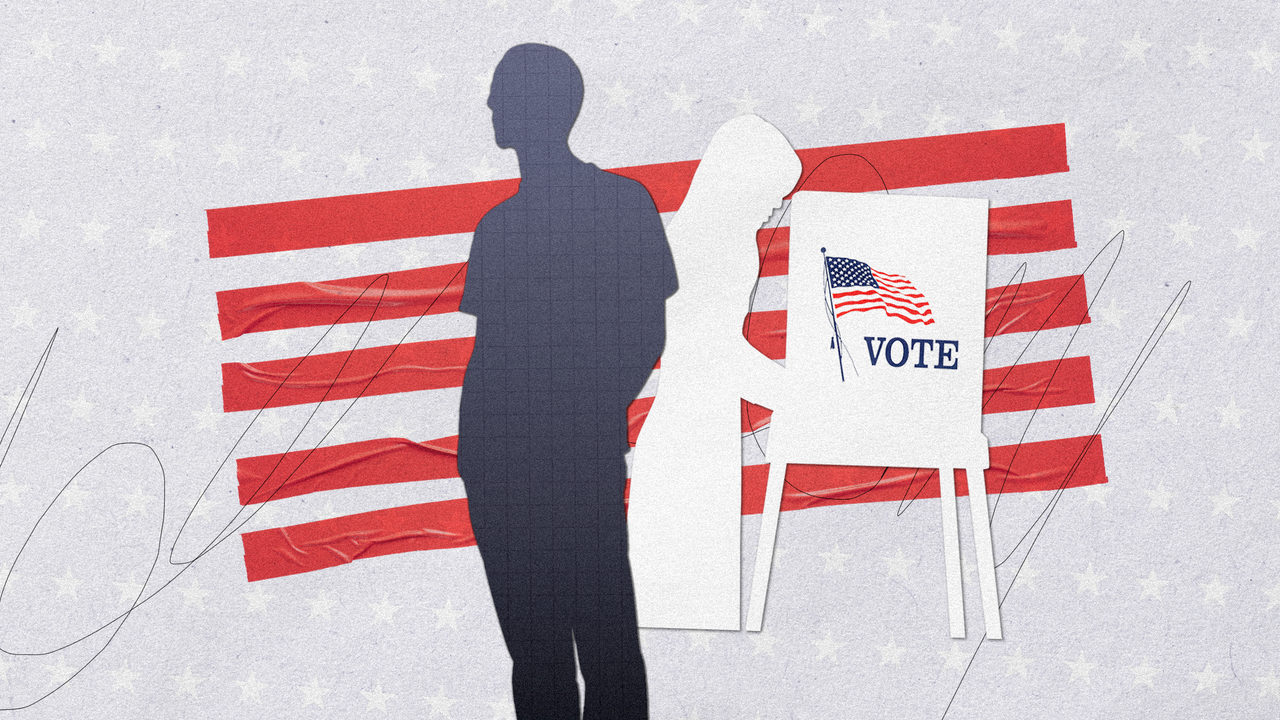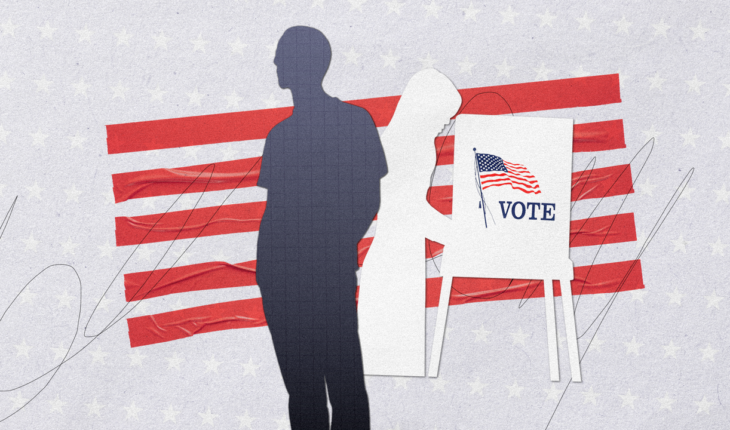
Hidden or unspoken voting habits between couples reveal how power dynamics still influence political expression in relationships, especially where traditional gender roles are at play. Choosing to vote privately can be a way for women to balance their own beliefs with relationship dynamics, all while subtly impacting election results.
“We’re entering into this really interesting time where a lot of women are thinking about this idea of returning to this place of ‘soft life’ and tradwives. This fascination with traditional gender roles have really taken off online. It’s shifting how young women are thinking about these conversations, women of color as well,” says Jamil Scott, Professor of Government at Georgetown University.
The Pew Research Center reports that political differences in marriages or long-term relationships can create unique dynamics when it comes to voting for president. In relationships with strong traditional roles, many women feel pressure to downplay or keep their differing views quiet to maintain peace with their partners.
“I’ve been taking the route of not talking about it. My husband has been very heavily trying to sway my political opinions, and honestly, it’s become really untenable for us, and so not discussing it is one way to avoid conflict,” says Caroline in Austin, Texas.
For Lindsey in Florida, being outspoken has actually helped her and her husband better understand each other’s opposing views.
“Secrecy and silence are the tools of oppression and shame. I say ‘Fuck That.’ We are never going to heal as individuals, communities, nations, or a global community if we do not start telling the truth and learn how to have hard conversations,” she says.
When women embrace their political independence, they often feel more confident and empowered, though it can sometimes create challenges in their relationships.
“When my husband abstained from voting in 2016, I was so angry and I could not let it go. I could not understand how he could just sit out of such an important election, and he could not understand how I could choose to support someone I did not completely believe in or agree with,” says Lindsey.
As more women choose to vote independently of their partners, the cultural conversation around gender and politics keeps evolving.
“Traditionally, we haven’t necessarily had to have the conversation around whether you agree with your partner in the same way that we have to have today because polarization has really changed the landscape of American politics,” says Scott.





